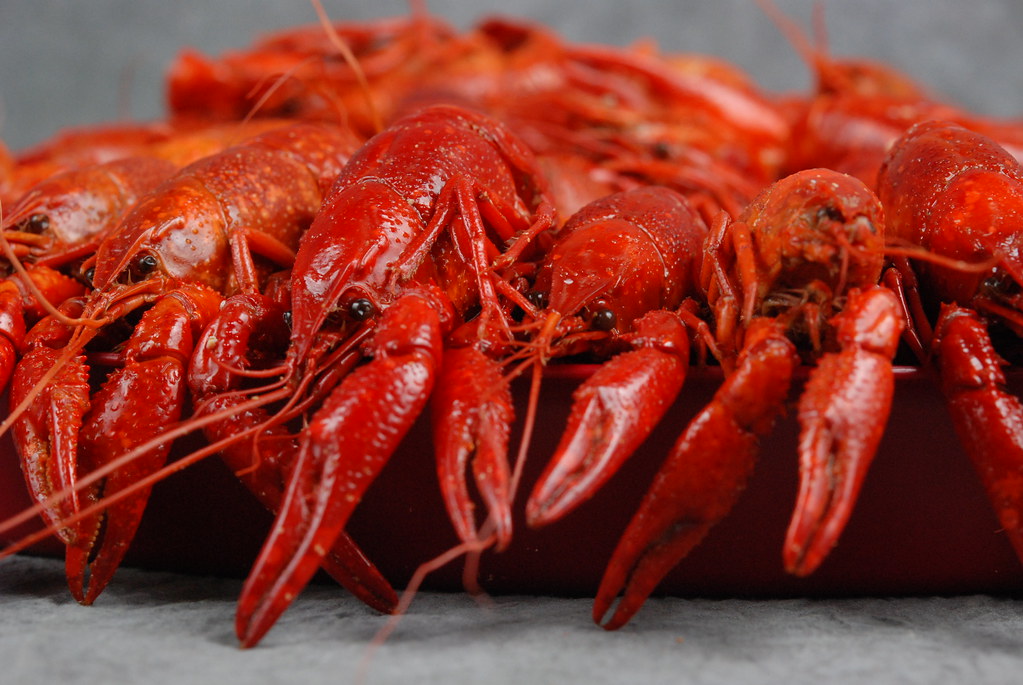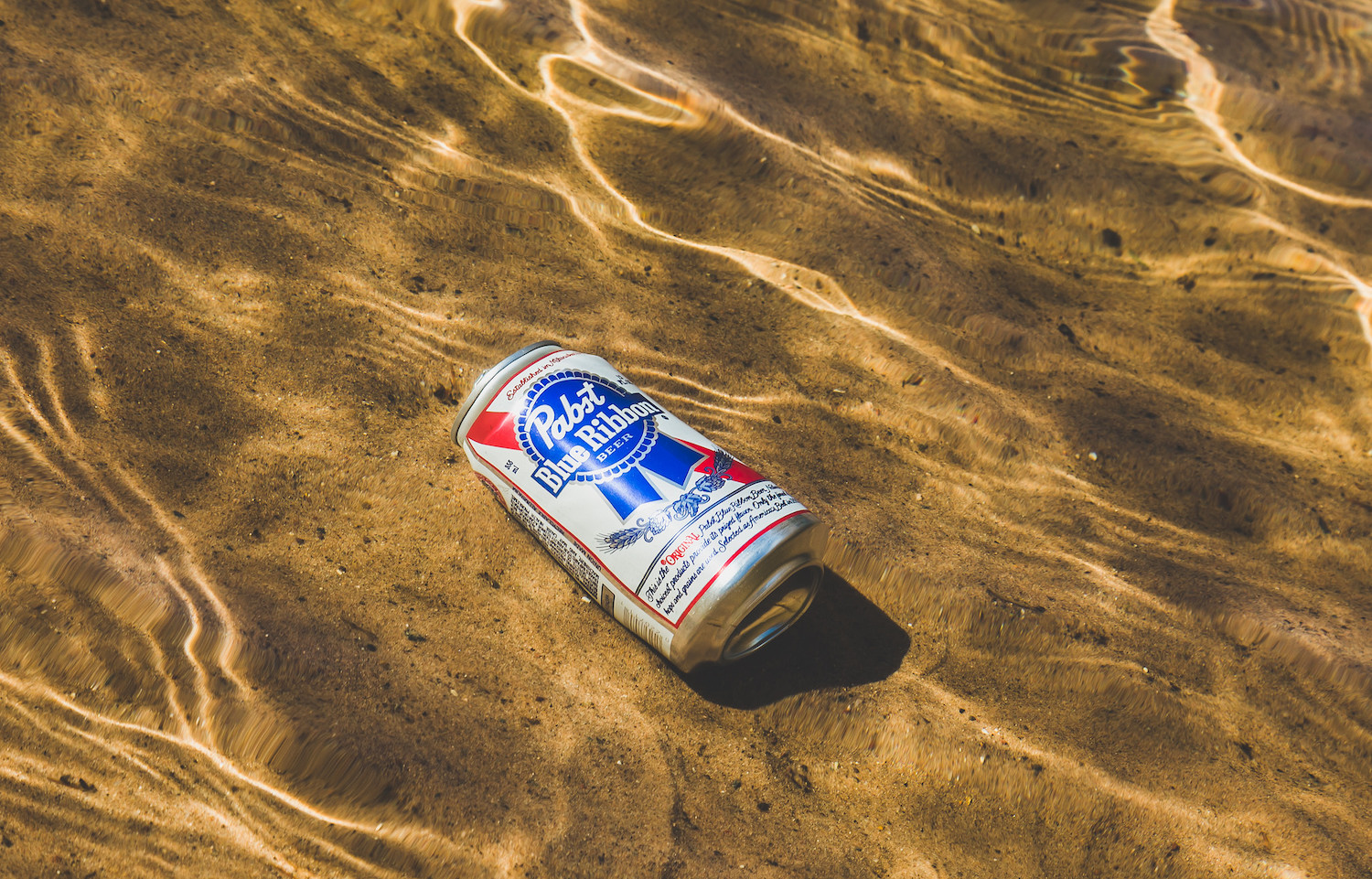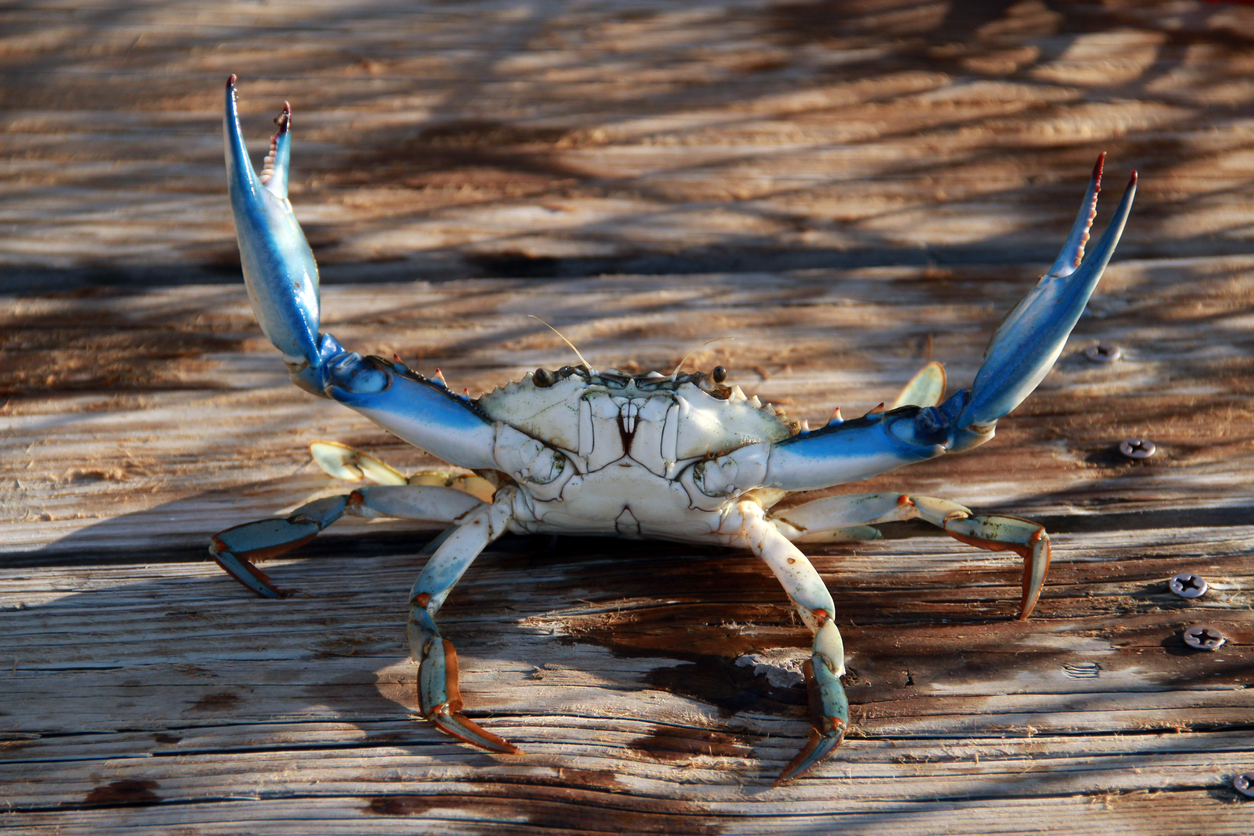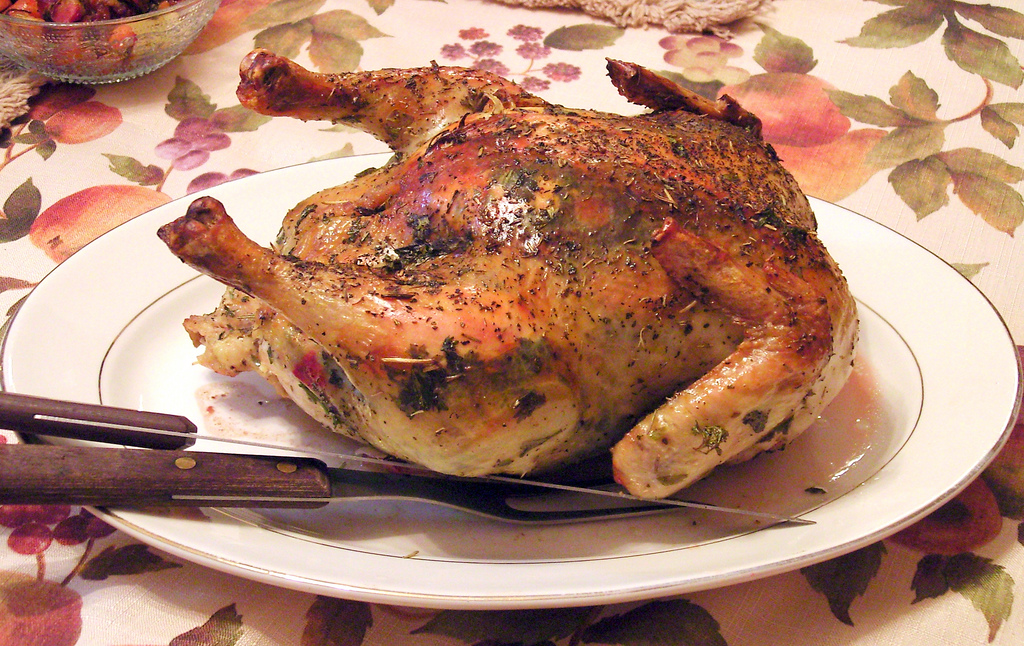Seafood that is sold at grocery stores is subject to federal country-of-origin labeling laws. That same transparency has yet to be extended to restaurants.
But this week, a bill requiring Louisiana restaurants to label menus with the origins of shrimp and crawfish is winding its way through the state legislature. If passed, the law would be a huge win for Louisiana’s commercial fishing industry, which has been advocating for such a requirement for over a decade.
The idea is that diners in Louisiana, when given the choice, would rather eat locally harvested seafood than the imported variety. And without a rule that mandates origin labeling, there’s a lot of room for murky menu language. For example, seafood billed as “Cajun” suggests that it was harvested off the state’s coast. But the term isn’t regulated by any governing agency and could easily refer to a style of cooking—with no guarantee about sourcing.
“If tourists that come into Louisiana are biting into a shrimp po’ boy—in their mind, do they think they’re eating imported shrimp or do they think they’re eating shrimp from the Gulf of Mexico?” asked state representative and sponsor of the bill Jerry Gisclair, rhetorically. “Obviously they’re thinking they’re eating fresh Louisiana Gulf shrimp.”
The same study also found that numerous samples tested positive for the presence of prohibited drugs. The Food and Drug Administration (FDA) maintains a list of drugs approved for use in aquaculture operations. However, imported shrimp is often farmed under less-stringent regulations—raising concerns about antibiotic resistance in humans. FDA is tasked with testing imported seafood for banned antibiotics, but a 2011 study found that just 2 percent of imports get examined.
But the legislation isn’t just about eater health—it’s also about money. Shrimp and crawfish harvesting is a major industry in Louisiana. According to the latest data available from the National Oceanic and Atmospheric Administration (NOAA), the crawfish harvest brought in nearly $11.9 million in revenue in 2016. For shrimp, that number is over $137.7 million. Together, they make up more than 35 percent of all seafood revenue in the state. In 2016, Louisiana led the country in shellfish landings.
This isn’t the first time lawmakers have tried to use country-of-origin labeling laws at the restaurant level, in support of a local industry. Alabama, Arkansas, Louisiana, Mississippi, and Tennessee all have state laws requiring origin labeling for catfish on restaurant menus.
Primary opposition to the legislation comes from the Louisiana Restaurant Association (LRA), the state arm of the national restaurant industry’s lobbying arm. LRA did not respond to numerous requests for comment. Instead, I reached out to a handful of Louisiana restaurants that specialize in crawfish. All of the ones I contacted expressed approval for bill.
It’s worth noting that, currently, there are two other food labeling bills in the state legislature right now. One of them would ban plant-based milks from using the term “milk.” The other would ban plant-based and cell-cultured meats from using the term “meat.”
Gisclair’s bill has already passed with unanimous support in the state house. Currently, it’s under consideration by the Senate Health and Welfare Committee. If approved, it’ll be up for a vote by the full state senate.










